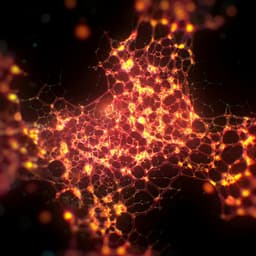
Medicine and Health
Predictive model of castration resistance in advanced prostate cancer by machine learning using genetic and clinical data: KYUCOG-1401-A study
M. Shiota, S. Nemoto, et al.
This study predicts castration resistance in advanced prostate cancer using machine learning on integrated genetic and clinical data. Authors Masaki Shiota and colleagues discovered that the point-wise linear algorithm outperformed others, suggesting that incorporating SNPs significantly enhances treatment decision-making.
Related Publications
Explore these studies to deepen your understanding of the subject.







